After some days offline, the website is back online. The site is now at a different hosting company. Another difference is that I’ve moved it from peonysociety.eu towards peonysociety.org . I’ve had both domains for several years, but the latter not as early, so it started with .eu because I wanted to try to bring people together that loved…Read More
A short update on the ULO long term storage project of peonies. In a terrible peony year with quality far below par you cannot expect better peonies after twelve weeks of storage. So we tried only few stems of second grade to see how far we got. A longer article will follow when leisure is available. Some results: drying them out too much before…Read More
Here is an interesting article published by University of Michigan about viruses in peonies. We are seeing a lot of visual indications of virus recently. It seems to be more common.
2 Commentskhurtekant posted in the group Species Peonies International Network (SPIN)
Several species peonies seem to have difficulty with the wet Winter/Spring. Resulting in quite a few losses. Sometimes I have several plants of species, most often when I receive a dozen seeds and I get quite good germination. Often it can be seen that some plants within the same species are better than others at withstanding our local climate,…Read More
Paeonia kesrouanensis has some of the largest seeds in the peony kingdom. I’m not sure if the same can be said of P. turcica, which is sometimes said to be synonymous, as I don’t have mature plants thereof. But in P. kesrouanensis they are markedly bigger than in other herbaceous ones. It also shows in the developing carpels which can be massive.…Read More
- Load More Posts

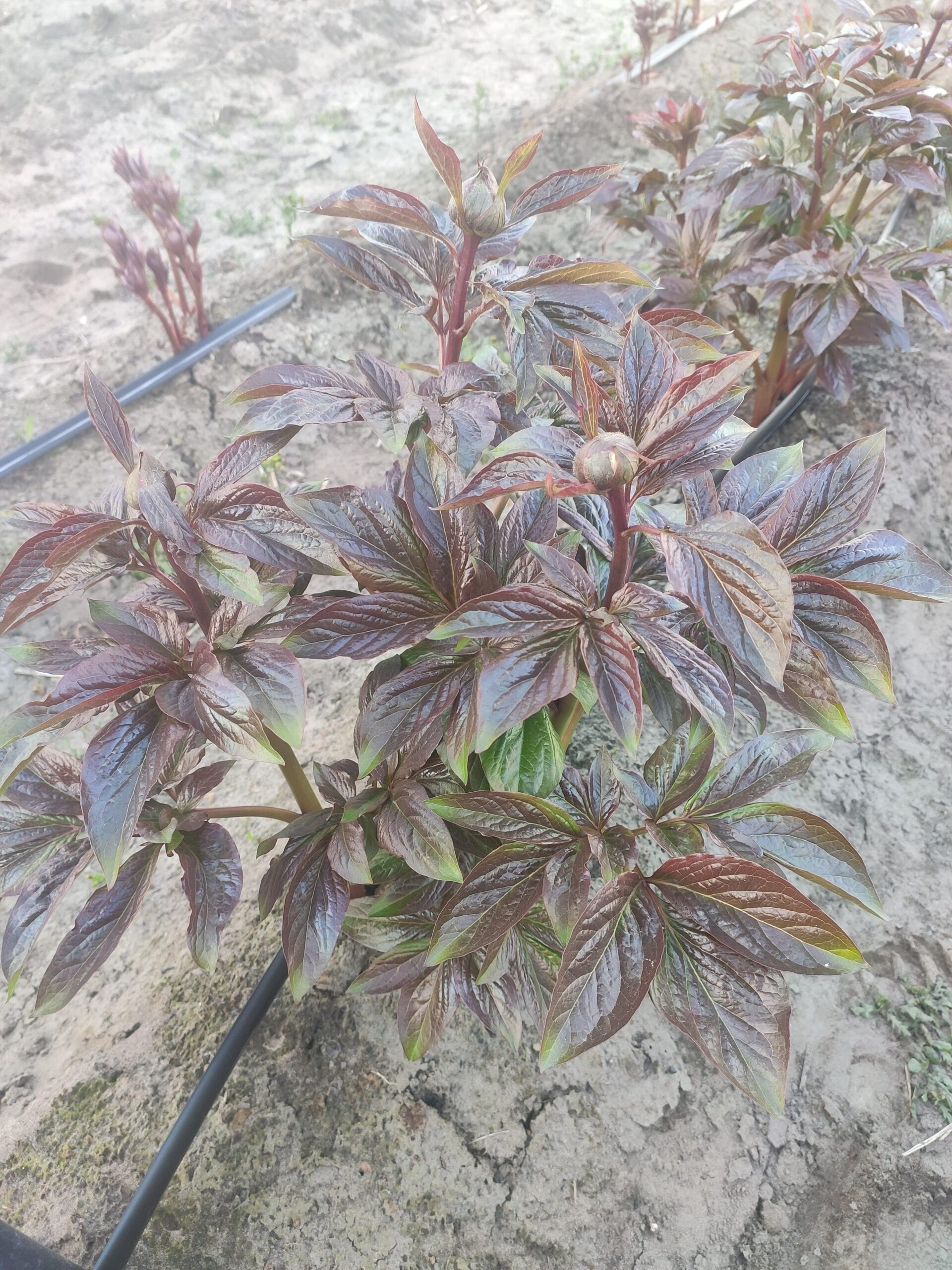


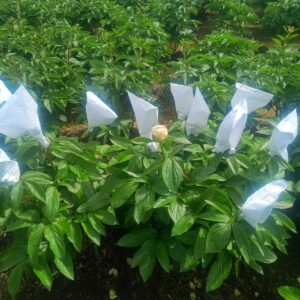
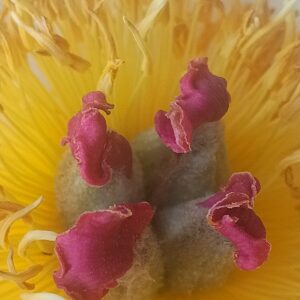


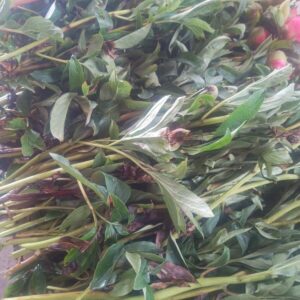

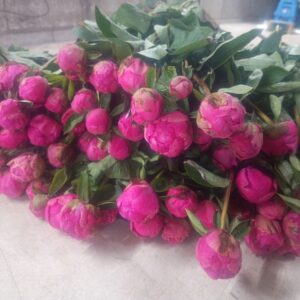
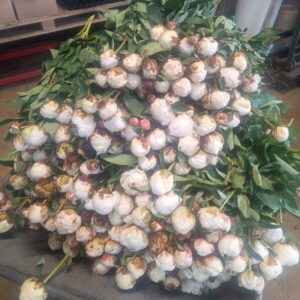
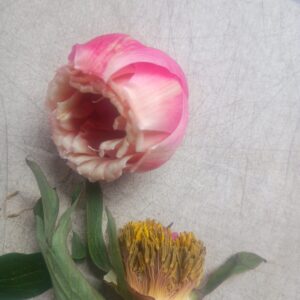
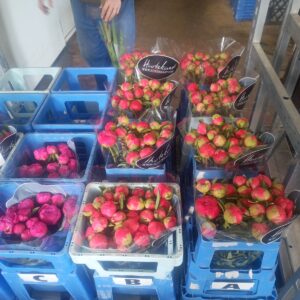




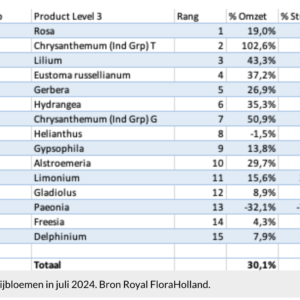


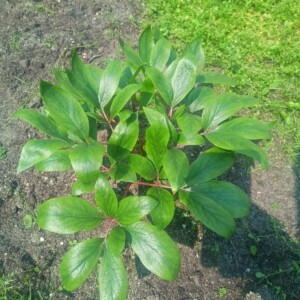
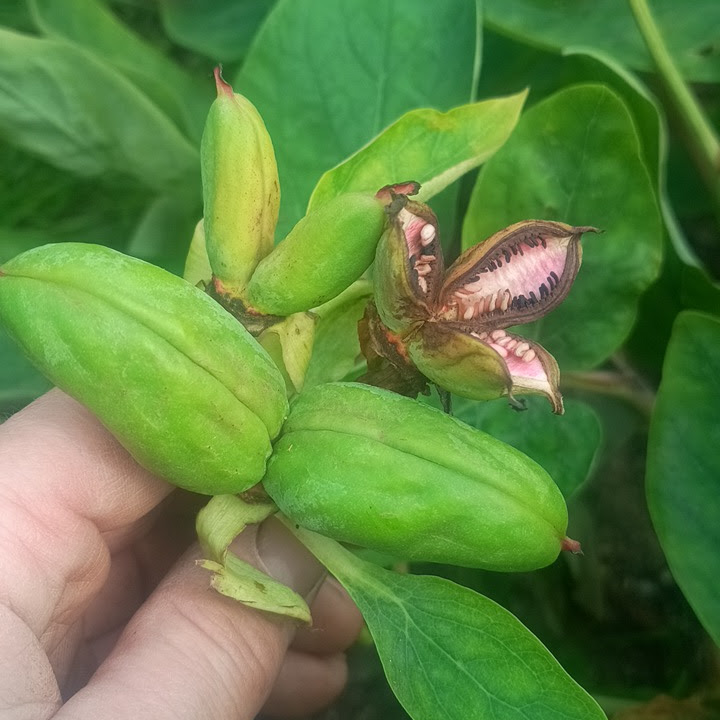
Yes, virus is quite common. Here in Europe as well. I’ve sampled some of my plants for viruses and it is rather widespread, although often symptomless. Keeping fields healthy through sampling, destroying infected plants and so on will help somewhat but is expensive and never perfect. To really get healthy plants you’d have to propagate through…Read More